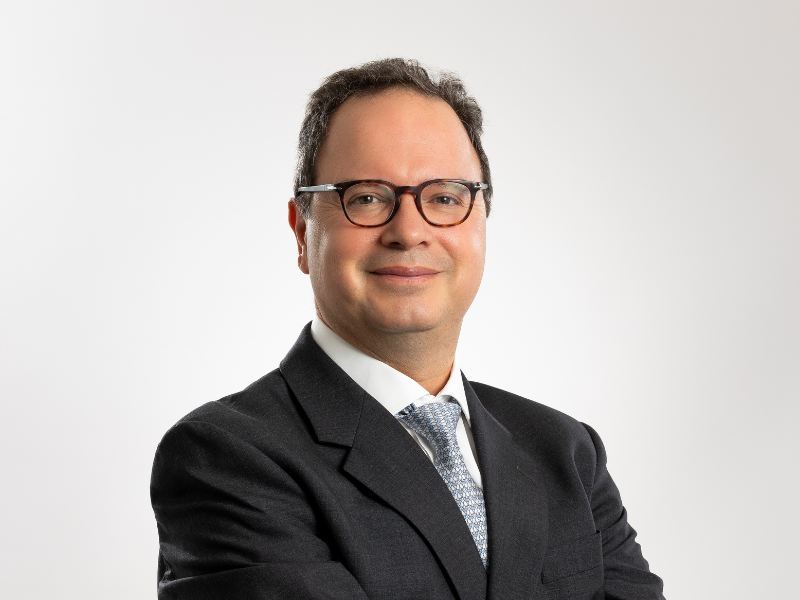New corporate governance and internal controls requirements for CIMA regulated entities – Investment Funds
In April 2023, as part of its continuing desire to remain at the forefront of global funds regulation, the Cayman Islands Monetary Authority (CIMA) introduced a new set of rules and guidance relating to corporate governance and internal controls for all entities that fall under its regulatory umbrella. We have issued alerts about the regime here in May 2023 and here in September 2023.
This set of FAQs is for managers, operators, and owners of investment funds registered or licensed under the Mutual Funds Act or the Private Funds Act.
What are the new corporate governance and internal control rules and statements of guidance that have been issued by CIMA?
CIMA’s new corporate governance and internal controls requirements are based on creating a culture of governance, policies, procedures, systems, and controls that generate trust in the relevant fund for its stakeholders (including investors and the regulators) as well as requiring evidence of a fund’s compliance with the rules and guidance.
To whom do the new rules and statements of guidance apply?
The new rule and statements guidance apply to all entities that are registered with or licensed by CIMA under all regulatory laws. This includes banks, trust companies, company managers, fund administrators, and virtual asset service providers.
The rules and statements of guidance also apply to mutual funds and private funds that are registered with CIMA and there is a sector specific statement of guidance on corporate governance for investment funds. This FAQ is for funds and their managers and operators. We will have other guidance available for licensees and other registered entities.
In the context of investment funds, the rules and statements of guidance are to be adhered to by the governing body and its members. The governing body for a fund is:
- The board of directors (collectively) for an exempted company (including exempted companies registered as segregated portfolio companies)
- The managers/managing members for a limited liability company
- The general partner for an exempted limited partnership
- The trustee of a trust
Where the governing body is itself another entity (eg company or partnership), the rules and statements of guidance apply to that entity’s own board or group of managers. Where a fund’s operator has a more complicated management structure, the effective rule of thumb is that the rules and statements of guidance apply to the group of individuals who ultimately control the operations of the fund in a direct fiduciary capacity (ie not the investment manager).
Will funds need to confirm compliance with the new rules and statements of guidance to CIMA?
While the rules and statements of guidance do not contain a certification process, we currently anticipate that the Fund Annual Return for private funds and mutual funds will be changed in 2024/5 to require some level of confirmation from the governing body of the fund along the lines of the current requirement to confirm how many operator meetings a year currently take place.
Will CIMA inspect compliance?
We don’t currently anticipate that funds will be subject to the same inspection regime that applies to licensed entities under other regulatory acts. As noted above, there may be a requirement to effectively self-certify compliance. Of course, CIMA may require information regarding compliance if the fund is subject to some sort of crisis event or serious investor complaint.
How can my fund comply with the requirement to have policies and procedures that address the corporate governance and internal controls rules and statements of guidance requirements?
Harneys can assist in reviewing all existing fund policies and procedures, the fund’s offering documents and constitutional documents and, if necessary, preparing a compliance manual that addresses the requirements for policies and procedures in the corporate governance and internal controls requirements. In addition, we anticipate that most funds will need to make some changes to their offering documentation or make some up to date investor disclosure about the requirements of the rules and statements of guidance.
Please contact the Regulatory & Tax group at Harneys or your usual Harneys contact to discuss your needs.
What committee requirements are included in the new corporate governance and internal control rule and guidance?
The governing body must establish an audit committee or equivalent that is commensurate with the size, complexity, structure, nature of business, and risk profile of the relevant fund and establish its frame of reference and scope of activity. For example, for an investment fund with two directors, it is likely that they will constitute the audit committee, but it is important that there is a written frame of reference and scope of activity for that committee.
What further changes to meetings must take place?
The members of the governing body of a fund must hold regular meetings, at least annually and, depending on the size, nature, and complexity of the fund, more frequently. A detailed agenda for each meeting should be circulated sufficiently in advance of any meeting of the members of the governing body to allow each member of the governing body to apprise him or herself of the matters to be discussed. The minutes should include the items that require periodic review, such as reports from outsourced service providers such as the investment manager and the administrator. Harneys can assist in preparing agenda packs and in taking board minutes that address the relevant requirements. Please contact our Regulatory & Tax team or your usual Harneys contact to discuss your needs.

